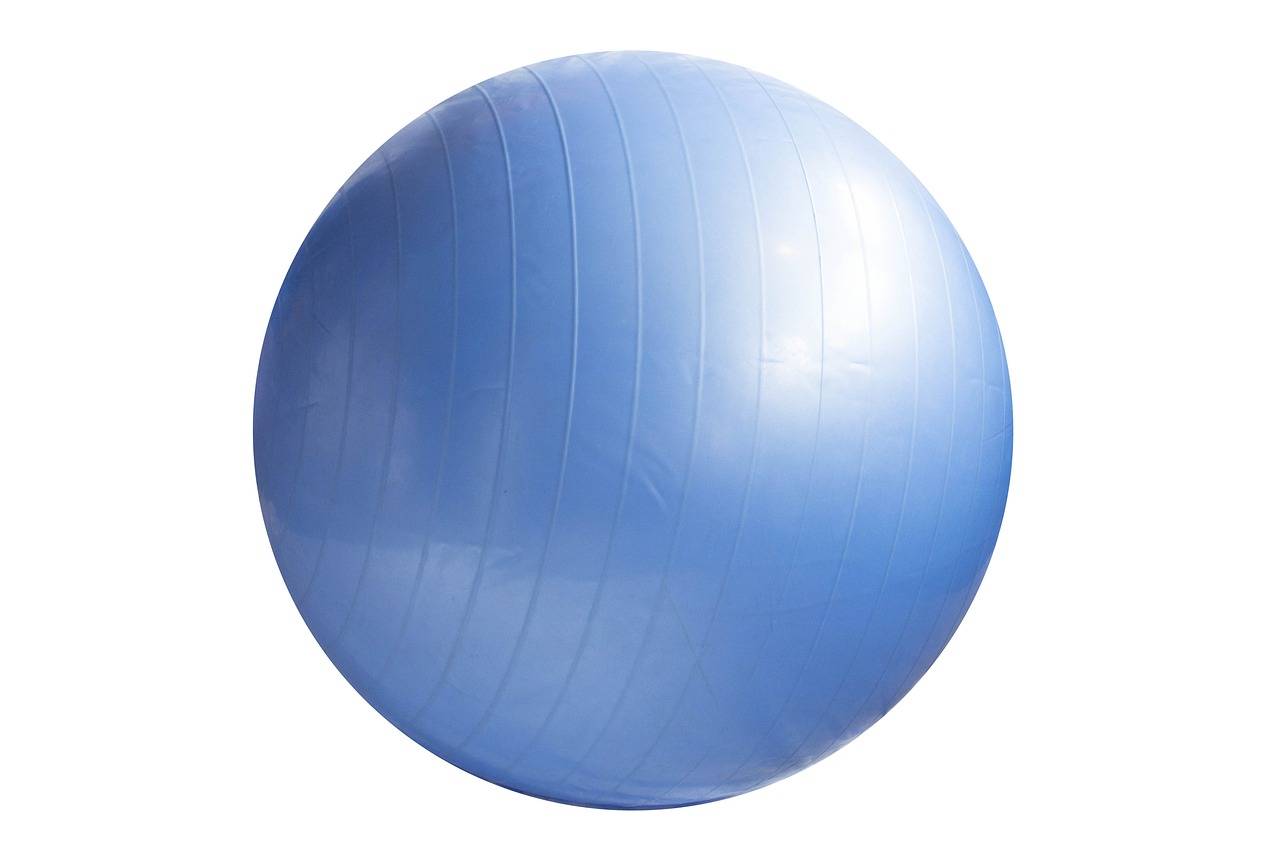Innovations in minimally invasive approaches to treating complex hepatic disorders: Cricketbets999.com login, 11xplay reddy login, Betbhai 9.com
cricketbets999.com login, 11xplay reddy login, betbhai 9.com: Innovations in minimally invasive approaches to treating complex hepatic disorders have revolutionized the field of hepatology. These cutting-edge techniques offer patients a less invasive and more efficient way to address complex liver conditions, such as liver tumors, bile duct disorders, and liver cysts. With advancements in technology and surgical techniques, patients now have access to safer and more effective treatment options for their hepatic disorders.
Minimally invasive approaches, such as laparoscopic liver surgery and robotic-assisted liver surgery, have significantly improved patient outcomes and recovery times compared to traditional open surgeries. These procedures utilize small incisions and specialized equipment, allowing surgeons to access and treat complex hepatic disorders with precision and minimal trauma to surrounding tissues. Patients benefit from reduced pain, shorter hospital stays, and quicker recovery times, leading to improved overall quality of life post-surgery.
Advancements in imaging technology, such as intraoperative ultrasound and 3D imaging, have also played a crucial role in enhancing the accuracy and safety of minimally invasive liver surgeries. Surgeons can now better visualize the liver and surrounding structures during surgery, enabling them to navigate complex anatomical variations with ease and minimize the risk of complications. This increased level of precision has led to improved surgical outcomes and a lower incidence of post-operative complications for patients undergoing minimally invasive liver procedures.
Moreover, the development of novel techniques, such as radiofrequency ablation and microwave ablation, has expanded the treatment options available for patients with liver tumors. These minimally invasive procedures utilize heat energy to destroy cancerous cells within the liver while preserving healthy tissue. Patients benefit from reduced treatment times, minimal scarring, and fewer side effects compared to traditional chemotherapy and radiation therapy. As a result, patients with liver tumors now have a wider range of treatment options available to them, tailored to their specific needs and disease characteristics.
In conclusion, innovations in minimally invasive approaches to treating complex hepatic disorders have transformed the landscape of hepatology, offering patients safer, more effective, and less invasive treatment options for a wide range of liver conditions. These cutting-edge techniques, coupled with advancements in imaging technology and novel treatment modalities, have significantly improved patient outcomes and quality of life post-surgery. As the field of hepatology continues to evolve, patients can look forward to even more innovative and personalized treatment options for their complex hepatic disorders.
FAQs:
Q: Is minimally invasive liver surgery suitable for all patients with liver disorders?
A: Minimally invasive liver surgery may not be suitable for all patients, depending on the size and location of the liver disorder. Your healthcare provider will assess your specific condition and medical history to determine the most appropriate treatment approach for you.
Q: What are the potential risks of minimally invasive liver surgeries?
A: Like any surgical procedure, minimally invasive liver surgeries come with potential risks, such as bleeding, infection, and injury to surrounding organs. Your surgeon will discuss these risks with you before your procedure and take necessary precautions to minimize them.
Q: How long is the recovery time after a minimally invasive liver surgery?
A: The recovery time after a minimally invasive liver surgery varies depending on the type of procedure performed and the individual patient’s healing capacity. Most patients can expect to return to normal activities within a few weeks following their surgery. Your healthcare provider will provide you with specific post-operative care instructions to ensure a smooth recovery process.







